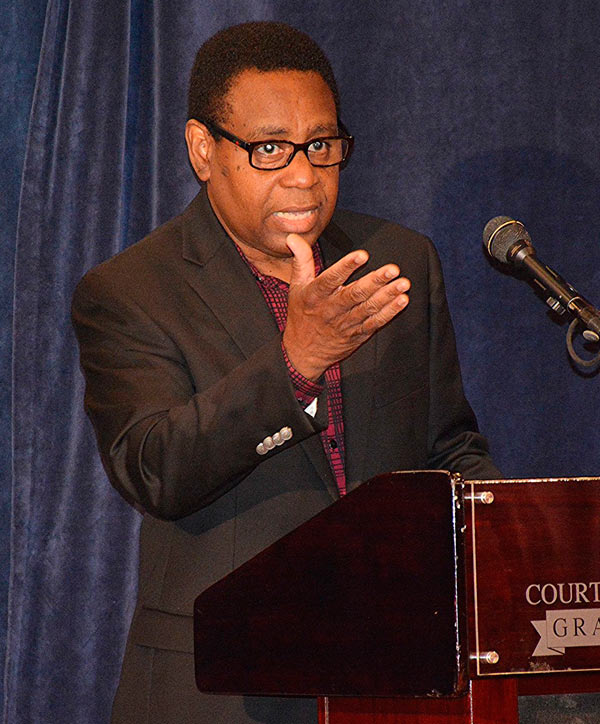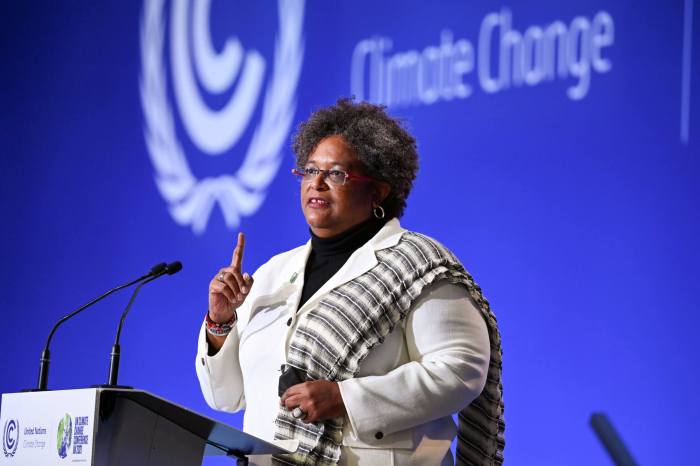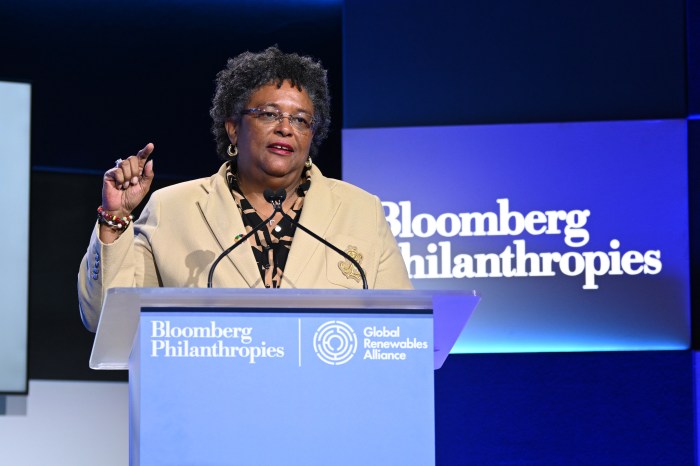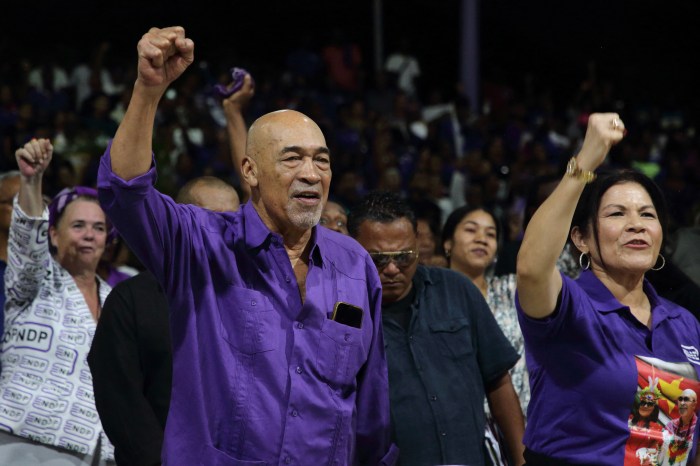The financial news continues to be bad for Barbados as the island a few days ago suffered another international credit ratings downgrade, this time from the regional based agency, Caribbean Information and Credit Rating Services Limited (CariCRIS).
The Caribbean financial rating agency stated it, “has lowered the assigned regional scale ratings on the notional debt issue of US$300 million of the Government of Barbados by one notch to CariBBB- (foreign currency rating) and CariBBB (local currency rating) from CariBBB (foreign currency rating) and CariBBB+ (local currency rating)”.
Barbados last suffered an international credit rating downgrade in September when the New York-based Standard and Poor’s dropped the island’s status.
CariCRIS explained, “our decision to lower the ratings is driven by the sustained reduction in net international reserves which have fallen to the equivalent of 2.2 months of import cover as at September 2017, below the internationally recognised minimum of three months’ (12 weeks) import cover, with foreign currency commitments including the Government’s amortised debt commitments outstripping foreign currency inflows”.
For many Barbadians this is same-old-same-old as the island has suffered a succession of downgrades over the past nine years that takes the count to over 20.
All these instances of lowering of financial status and creditworthiness of Barbados has come under the current government of Prime Minister Freundel Stuart, who has repeatedly blamed the 2007 – 2008 international economic crisis for the island’s ongoing challenges.
But the Barbados TODAY epaper quoted economist and University of the West Indies lecturer, Jeremy Stephen, dismissing that excuse of prolonged effects on this island’s economy of a crisis from which the rest of the world has recovered.
“Our reserves continue to fall in light of a very strong global economy. It is strange that in Barbados we believe that the global economy is struggling when in reality that is not the truth. Over the last 10 years there hasn’t been a better time in terms of global growth for investors,” Stephen said.
“We have also been harming ourselves with very ill-timed fiscal policies and late implementation of fiscal policies.”
But there may be some light at the end of the tunnel as CariCRIS stated it had “revised the negative outlook on the ratings to stable,” which means there is confidence in a turnaround of the economy in the not too distant future.
The rating agency said its overall stable ratings was “based on our expectation for a number of tourism-related investment projects that are to be completed over the next two years, would likely boost economic activity and foreign exchange earnings”.
The newly appointed Governor of the Central Bank of Barbados, Cleviston Haynes, will deliver an economic review of 2017 with projections for this year, on Jan. 31, and if his outlook does not match CariCRIS’ expectation, then this island will have to brace for more downgrades in its international financial borrowing status.























